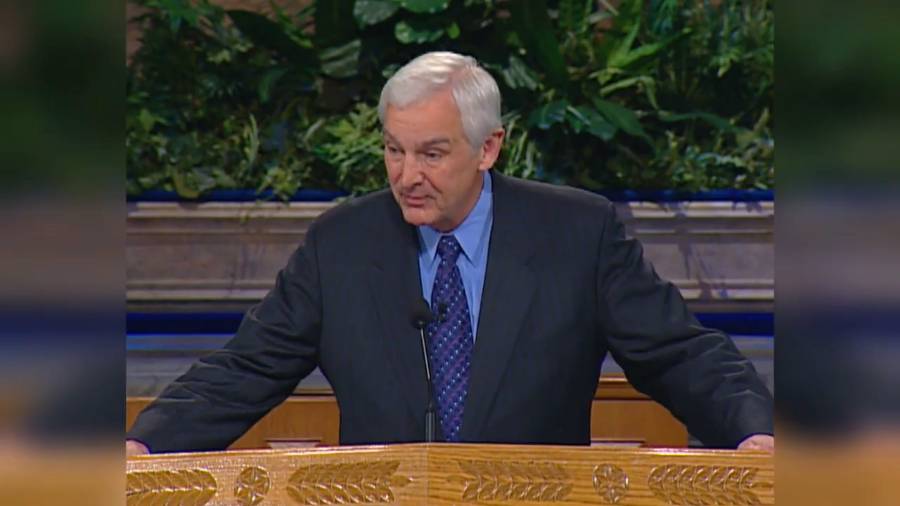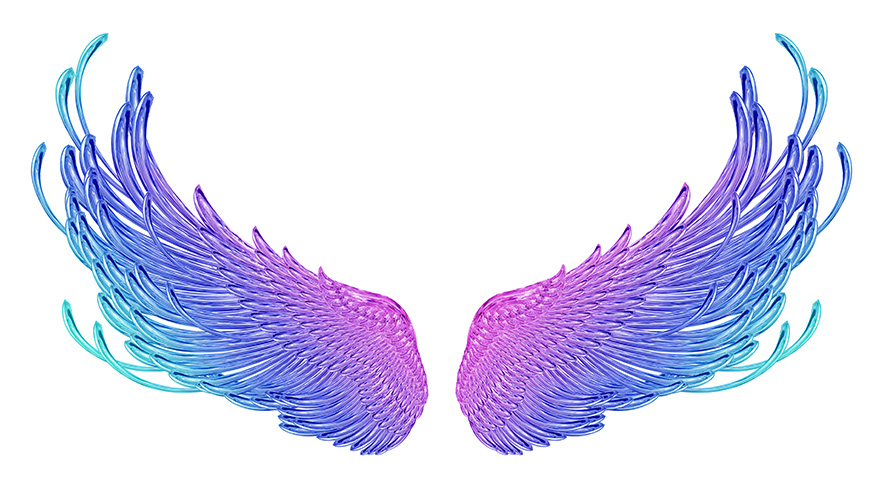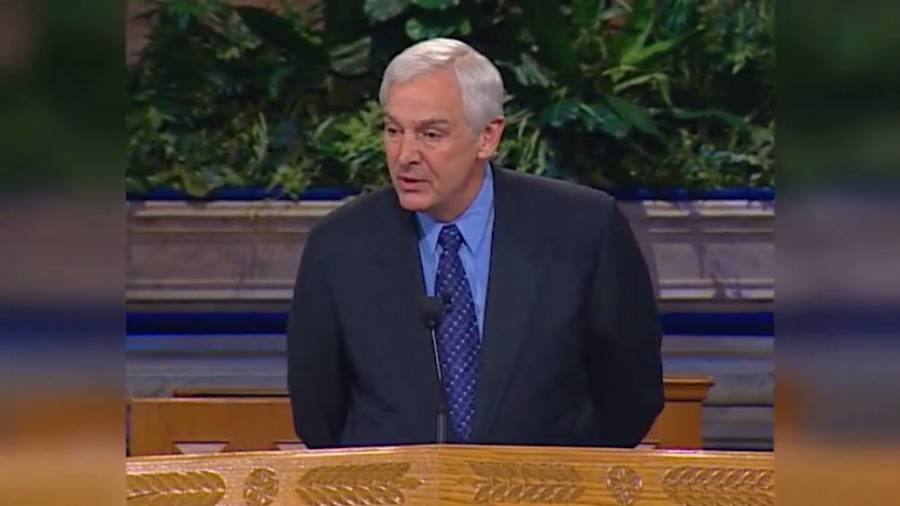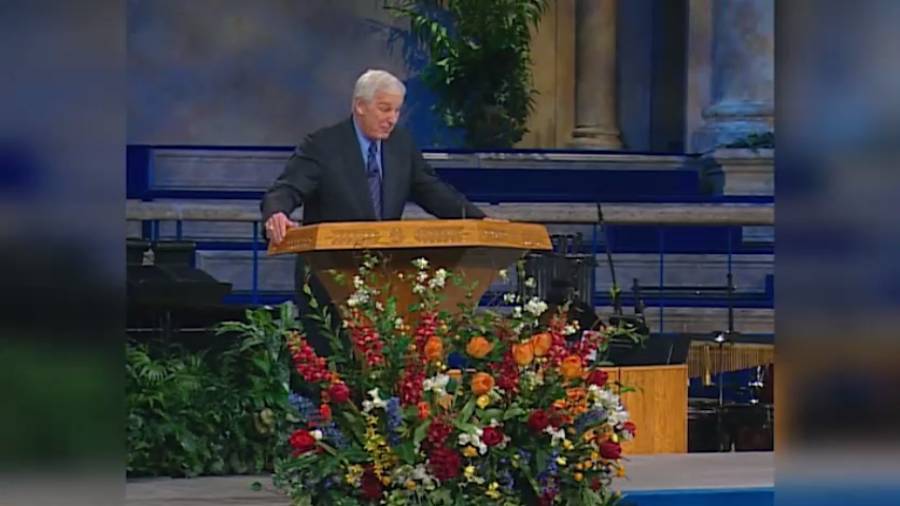When the Lord's trumpet sounds at the moment of the Rapture, we will receive perfect and complete resurrection bodies.
These glorified bodies will not be ghost–like apparitions that all look the same. We will be identifiable to those who know us. On the Mount of Transfiguration, Moses and Elijah were recognized by Jesus' disciples (Matthew 17:1–4). Earlier Jesus had said, "many will come from east and west, and sit down with Abraham, Isaac and Jacob in the kingdom of heaven" (Matthew 8:11). It would be hard for anyone to sit down with Abraham if they couldn't tell who he was!
Paul indicates our new bodies will be "raised in glory," which literally means "brilliance." Philippians 3:20–21 gives us an idea of what Paul is referring to as brilliance. He says our "lowly body" will be conformed to Christ's "glorious body." These new bodies will be like the body of the Lord Jesus Christ.
The apostle John wrote that "it has not yet been revealed what we shall be, but we know that when He is revealed, we shall be like Him, for we shall see Him as He is" (1 John 3:2). Paul concludes this thought in 1 Corinthians 15:49 by saying, "And as we have borne the image of the man of dust [Adam], we shall also bear the image of the heavenly Man [Christ]."
Our best glimpse of Jesus' glorified body (and what our resurrected bodies will be like) is found in the forty–day period between His resurrection and ascension. There are five identifiable characteristics of His body during that time:
1. Jesus Said That His Body Was Real (Luke 24:39).
When Jesus met with the disciples after His resurrection, He invited them to touch Him so that they would know His body was real: "Handle Me and see, for a spirit does not have flesh and bones as you see I have." Jesus had a physical, corporeal body after His resurrection from the dead.
2. Jesus Ate on at Least Two Occasions (Luke 24:42–43; John 21:12–13).
This is the most frequently asked question about heaven: "Are we going to eat in heaven?" Apparently so, since Jesus ate in His post–resurrection body. He ate a piece of fish and some honeycomb while in Emmaus (Luke 24), and shared fish and bread with His disciples on the shores of the Sea of Galilee (John 21).
It seems that the role of food changes from being a necessity to a pleasure. We won't need to eat to stay alive because our bodies will be imperishable. Instead, we will enjoy the pleasure of eating just as Adam and Eve would have done in the Garden of Eden before they sinned.
3. Jesus Told Thomas to Touch His Body (John 20:27).
When Thomas doubted that Jesus had really been raised from the dead, Jesus encouraged him to reach out and touch His wounds, to see that it was really Jesus in the body in which He had been crucified.
4. Jesus Told Mary Not to Hold on to Him (John 20:17).
When Mary encountered Jesus in the garden after His resurrection, He cautioned her not to cling to Him—not to throw her arms around Him. He would not have said that if it had not been possible for her to do so. His body must have had physical substance.
5. Jesus Communicated With Others (Acts 1:3).
Each of these encounters makes it clear that Jesus communicated with His followers after the Resurrection. An additional passage in Acts says that He spoke "of the things pertaining to the kingdom of God."
Since our glorified bodies will be like Jesus' body, they will be physical; they will be recognizable; they will enable us to eat, and they will enable us to communicate. Paul says in 1 Corinthians 13:12, "Now I know in part, but then I shall know just as I also am known." In heaven, we will know and be fully known. We will be ourselves, just an ideal version of ourselves!













